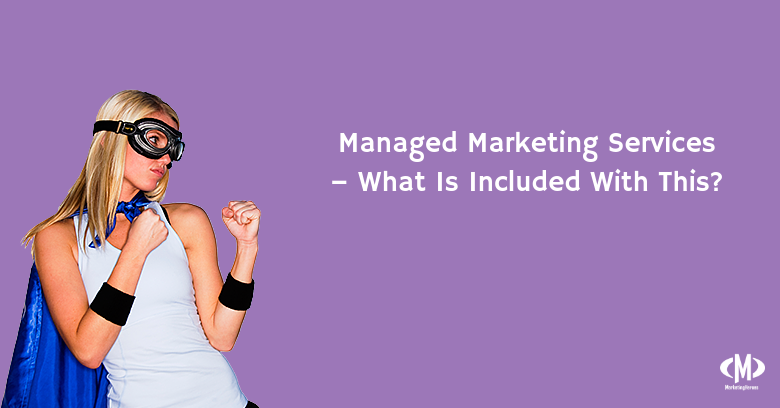
Understanding how Google’s search engines and indexers work is an essential part of obtaining the best SEO. Unfortunately, it is also something many website owners do not completely understand. Google constantly changes its search algorithms, so there are plenty of things even the best SEO companies do not know. They may also not fully understand some very important elements that are available to them. Cache is one of these these elements. However, in order to gain a good page ranking, it is critical to know exactly what cache is, and its relevance in an online search.
What Is Cache?
In the very simplest of definitions, cache is a snapshot of a web page that Google creates and stores after they have indexed a page. When pages are indexed, they are categorized and filed within Google’s indexers, but they do not actively search though millions of web pages every time that page is called up. Instead, the snapshot of that page is searched, since it is easier to access. When indexers determine the page being requested, it then shows the actual page the cache was taken from. This is why web design that promotes faster indexing is so important. Additionally, when a web page changes, it must be re-indexed, and a new cache stored in place of the older one, so the most recent and relevant page is the one being viewed.
Where Can Cache Be Seen?
Technically, cache exists in two ways: as an image of a web page and as a “text-only” version of a page’s content. It is possible to see either one of these by searching in Google, and examining the search results. Below the active link to a page, there is another URL in green. When this is clicked on, it gives a person the option to see this cached, image version of the page. This is the most recent snapshot that Google has stored. When the page is viewed there is a note stating “...the website may have been changed, but as of the date noted, this was the most current cache...” Within that note will also be a link to a text-only version of the cache, which is actually of much greater importance when it comes to SEO.
Why Is Cache Important for SEO?
The text-only version of page cache is important for SEO as it provides a scaled-down version of pure site content - minus design elements, media files and everything else. Viewing this provides one with an idea as to what keywords and content indexers are actually being seen, and what elements of the page are meaningless to a search. The text version is what Google reads when it indexes, so content must be created with this in mind, and using keywords in the most advantageous ways. Alt-text keywords are helpful at times, but if the actual cached page text does not contain enough quality content, with appropriately used keywords, indexers will not find enough relevance to give a page priority.
How can a person know whether their site is being seen as relevant, or if they need to work on improving the SEO of their cache? The answer is actually fairly simple. Check the last cached date. If it is within 24-48 hours of any website changes, it is a good sign that Google finds the page to be relevant, and important enough to cache quickly. Any longer means the page is further down the list in importance, and other pages are taking priority. Finding the best SEO company to help improve content for better cache and page rank, is advisable.
Just when it seemed there couldn’t possibly be any more things for the best SEO company to know about, the page cache or Google’s search engines reminds us there are always additional ways to improve SEO. Understanding the importance of cache, and how it can improve optimization, is essential knowledge for those website owners and designers looking for every method possible to improve page rank!
Need The Best SEO Company In College Station?
Marketing Heroes Pros Can Help With All SEO Needs!
Call Us Right Now At 979-364-0584!
Additional Articles:
How is SEO Affected By Web Page Keyword Density?
Is Poor Web Design Destroying Your SEO Efforts?
Mobilegeddon Aftermath - Why Was There A Warning?




.png)